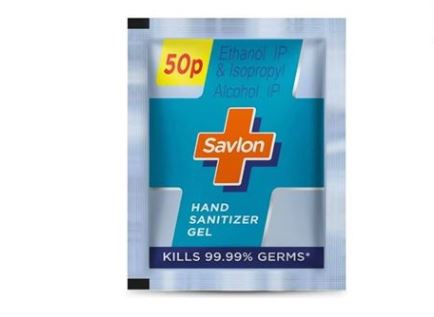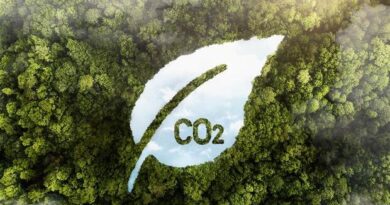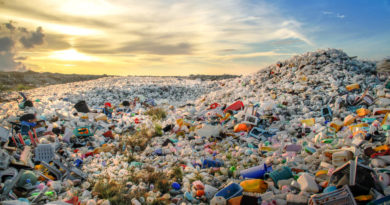Behind the Covid 19 Shield, Fears of a Plastic Comeback
The Coronavirus has left no sector or industry untouched, triggering relief measures aplenty. It has also created an unfortunate opportunity for firms to take advantage of the 'special' circumstances to delay action on phasing out plastic

The news announced on May 15 was worded as a critical measure in the fight against Covid-19 spread. “We are amidst an unprecedented global health crisis and it is imperative to accelerate our efforts in introducing innovative solutions to help fight the pandemic,” said Sameer Satpathy, chief executive, personal care products business division, ITC Ltd in his statement. “Precautionary measures of personal hygiene have today become a household need, besides social distancing, to contain the spread of this contagion.”
The occasion was the launch of 50 paise sachets of Savlon sanitiser by the firm, to fight the pandemic by making personal hygiene more accessible, affordable. These sachets, coming when the battle against another sachet horror, pan masala is yet to be won, is a classic example of the risks of the pandemic providing a shield for many firms to ignore their own plastic phase out pledges and plunge on in the other direction. The ITC launch, while possibly a net positive for now, will definitely open the gates to a scale up by other firms, and considering the far higher use case for sanitisers today, could potentially wipe out all the gains made from the push against pan masala in sachets.
The crash in oil prices, as it is, has made it really tough for firms offering eco-friendly alternatives to make a business case. And as we have repeatedly seen, from the individual to the corporate level, almost nothing moves to the green side without a strong business case.
While many firms have pledged to phase out plastics, or single use plastics, from 2022 to 2035 as a timeline, there is a strong fear that the whole Coronavirus period will be treated as a standstill period, where time lost is no longer counted towards those targets. In fact, keep a track to see if firms actually ask for significant extensions. India’s pledge to stop use of single use plastics could be the first one at risk, due as it was to kick in from 2022.
Because, lets face it, the coronavirus epidemic has been one long use case for plastic. From PPE (personal protection equipment) to packaging goods to prevent contamination, the choice between staying safe and cutting off plastics use is a no brainer. In the case of sanitisers at least, there is a strong case to make larger refillable bottles a much more easily accessible option at all public places, than leaving it to these use and throw sachets.
Local vendors in cities where plastic bags have been banned have also reverted back to the ‘old faithful’, in spite of the bans presumably still being in place. In fact, the habit of not depending on plastic bags, which was just beginning to take root slowly, has been dealt a blow in the helter skelter of managing the pandemic.
Experts worldwide have repeatedly made the case for making stimulus measures ‘green’, to ensure a more sustainable and eco-friendly recovery from the virus. With it’s big stimulus announcements done, it is time the government focused on ensuring that it is clean and green in India too.
And ITC? Perhaps its time for the firm to run a campaign to advocate for safe disposal of the tiny sachets, before they start showing up in the most unlikely of places.




